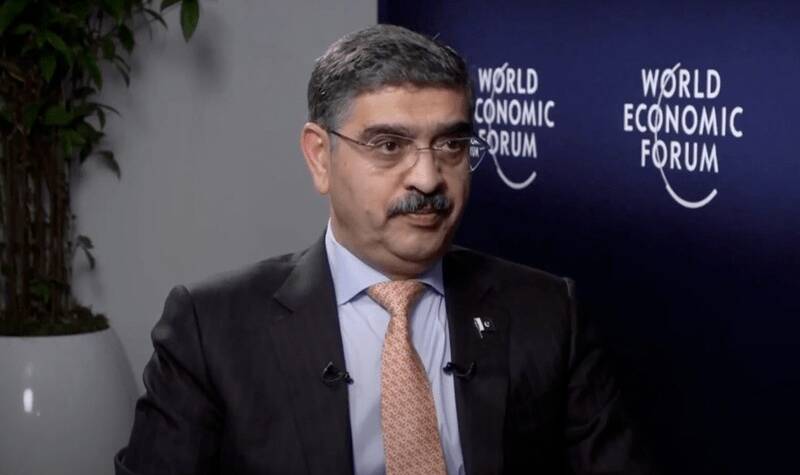Roadmap to Prosperity: PM Kakar discusses first phase benefits, and sets the course for CPEC’s next chapter.
Caretaker Prime Minister Anwaarul Haq Kakar stated during an interview with China Global Television Network (CGTN) that Pakistan, having completed the first phase of the China-Pakistan Economic Corridor (CPEC), is now reaping benefits from early harvest projects. He emphasized the need for further deliberations and engagement with China for the successful execution of CPEC’s second phase, particularly focusing on road and air connectivity around industrialization projects. Prime Minister Kakar highlighted the importance of connectivity in trade and expressed optimism about the ongoing discourse between China and the global community. Additionally, he outlined the caretaker government’s priorities, including economic revival, technological transformation, and taxation reforms, while stressing the significance of Pakistan’s position amidst regional conflicts.
Caretaker Prime Minister Anwaarul Haq Kakar, in an interview with China Global Television Network (CGTN) recorded during his visit to Davos for the World Economic Forum, shared insights into Pakistan’s progress in the China-Pakistan Economic Corridor (CPEC). Kakar affirmed that Pakistan is currently reaping the benefits of the first phase of CPEC, emphasizing the importance of early harvest projects. However, he noted that the focus is now on the second phase, which requires enhanced road and air connectivity around industrialization projects. The prime minister highlighted ongoing engagements with China, stating, “Both sides are engaged, and we have developed a lot of connectivity – road, air, and the rest of the connectivity corridor. We are benefiting from the ecosystem of doing trade with one another.”
When asked about his perception of the Chinese economy, Kakar emphasized the interconnectedness between China and the world. He referred to China as a huge marketplace with 1.5 billion consumers and producers, stressing the impossibility of divorcing such a significant population from the global community.
Turning to the priorities of the caretaker government, Prime Minister Kakar outlined economic revival, technological transformation, and taxation reforms. He positioned Pakistan as standing on the middle ground amidst global discourse and regional conflicts. Domestically, Kakar emphasized the need for fiscal responsibility, urging the government to earn more and spend less. He underscored the importance of seizing opportunities in the region, including participation in the Belt and Road Initiative (BRI) and attracting Chinese industry relocation.
Discussing economic policies, Kakar advocated for encouraging businesses by providing competitive electricity prices to enhance the production of competitive goods for export. Special Economic Zones (SEZs) and policies facilitating foreign direct investment were also highlighted as areas of focus.
Responding to a query about the upcoming general elections in Pakistan, Prime Minister Kakar expressed well wishes for the contestants, expressing hope that economic revival plans would be integral to their respective agendas. This comprehensive overview provides insights into Pakistan’s current economic strategies, its engagement with China, and the caretaker government’s priorities amidst both domestic and international considerations.
Chinese envoy Zhao Shiren urges students to uphold integrity and strengthen China-Pakistan ties
LAHORE:The Consul Generals from several countries and other distinguished guests attended …











